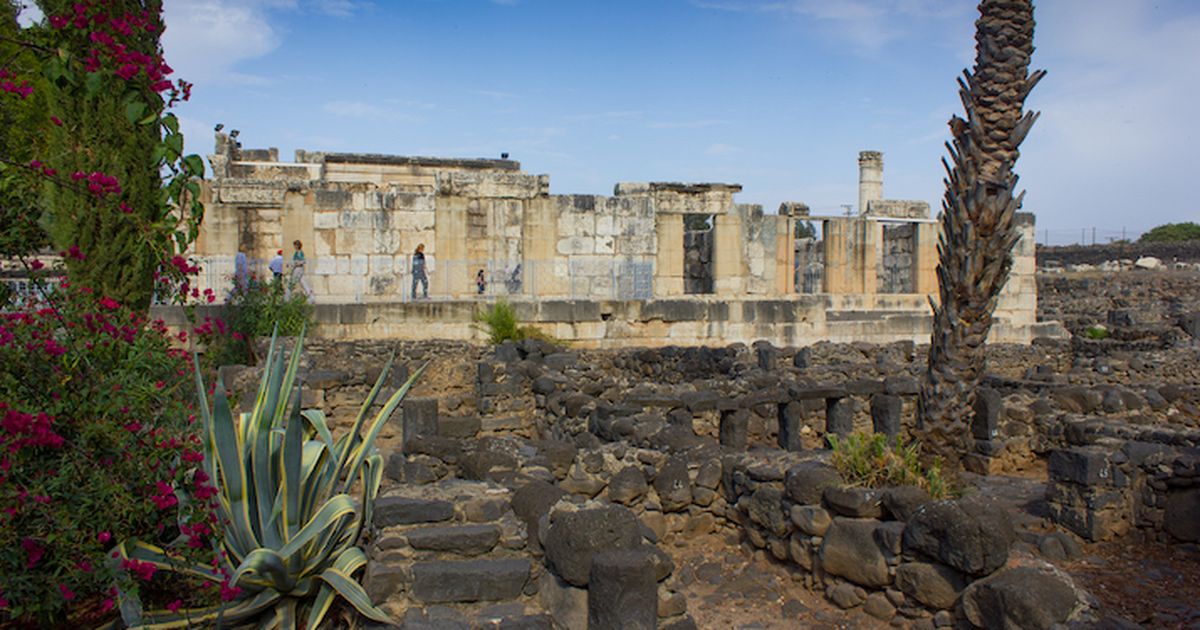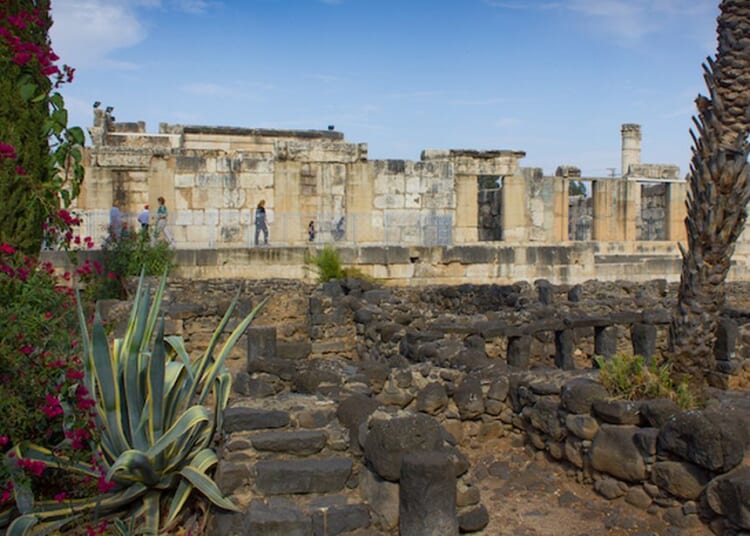
This morning’s Gospel reading is Mark 1:21–28:
Then they came to Capernaum, and on the sabbath Jesus entered the synagogue and taught. The people were astonished at his teaching, for he taught them as one having authority and not as the scribes. In their synagogue was a man with an unclean spirit; he cried out, “What have you to do with us, Jesus of Nazareth? Have you come to destroy us? I know who you are—the Holy One of God!” Jesus rebuked him and said, “Quiet! Come out of him!” The unclean spirit convulsed him and with a loud cry came out of him.
All were amazed and asked one another, “What is this? A new teaching with authority. He commands even the unclean spirits and they obey him.” His fame spread everywhere throughout the whole region of Galilee.
“We are children of light,” we sing, pray, and proclaim in church. Paul proclaims it, for instance, when he exhorts the church at Ephesus to “live as children of light” (Ephesians 5:8), and again in 1 Thessalonians 5:5: “You are all children of the light and children of the day. We do not belong to the night or to the darkness.”
Light is good, darkness is bad. That much we receive intellectually from scriptures, especially in the New Testament. “We are children, children of the light,” the hymn reminds us, “we are shining in the darkness of the night.”
But are we? Do we? Or are we afraid of the light of God and shrink away from its power and conviction?
In today’s first reading from Deuteronomy, the question becomes acute between Moses and the Israelites. During their 40 years in the wilderness, the Lord had gone ahead of them as a pillar of fire, providing them with His presence and protection. However, the Israelites did not want the fire or the light in literal terms and wanted interlocutors instead. ‘Let us not again hear the voice of the LORD, our God, nor see this great fire any more, lest we die,’ they proclaimed at Horeb.
The Lord was not displeased with this request, and began the line of prophets that would follow Moses:
And the LORD said to me, ‘This was well said. I will raise up for them a prophet like you from among their kin, and will put my words into his mouth; he shall tell them all that I command him. Whoever will not listen to my words which he speaks in my name, I myself will make him answer for it. But if a prophet presumes to speak in my name an oracle that I have not commanded him to speak, or speaks in the name of other gods, he shall die.’”
This sounds reasonable in theory. In practice, however, this led to a long history of rejecting the prophets and the willful abandonment of the Lord’s plan for the ambitions of the Israelites. It was impossible to hide from the Light when the Light was physically present; it was much easier to rebel in the dark. Prophet after prophet came and went, lamenting the sins of the people and calling them back to the Light, prophets such as Hosea, Jeremiah, Isaiah, and even John the Baptist who called for repentance of sins. Instead, most of them kept to the darkness of sin rather than submit to the authority of the prophets.
What happens in the synagogue in today’s passage from Mark? The Pillar of Light returns and opens the eyes of those in the synagogue at Capernaum. The others in the synagogue may not immediately recognize who Jesus truly is, but they recognize His authority. Jesus has shed the true Light on the scriptures by His teaching in a way they have never experienced before.
But this time, Jesus’ teaching is a spiritual revelation as well, and the spiritual light is even more revealing. The ‘unclean spirit’ afflicting the one man through sin immediately recognizes the light for what it is — the Light of God — and that terrifies the spirit. It wants nothing more than to return to the darkness and to shun the light forever, and Jesus casts it out.
CS Lewis wrote about that quality of the Light as well in The Screwtape Letters. In Letter 12, Screwtape instructs his nephew and junior tempter that his job is to “edge the man away from the Light and out into the Nothing” through the cumulative effect of sin. The final letter discusses the quality of the Light after the nephew’s final failure to condemn his ‘patient’ to Hell: “What is blinding, suffocating fire to you, is now cool light to him, is clarity itself, and wears the form of a Man.”
The Light burns away sin and frees us to commune with God. It is our sins, and not our eternal souls, which desire the covert nature of the dark. It is those sins that scurries us away from the light, with the delusion that we can hide at all. Even Adam and Eve tried to hide from the Light of the Lord after their disobedience and rebellion in the Garden of Eden. But the Light of the Lord pierces all pretenses and masquerades, which is why we prefer to avoid it while we live in sin.
We have one path to salvation and eternal life within the Light. We need to choose the Lord over the sins that bind us in the darkness. But this Gospel passage gives us hope in this, too! Just as Jesus entered the synagogue to reveal the Light and terrify the unclean spirits, so too does the Holy Spirit enter our hearts to give us the Light and grace we need to choose Him. We face the same choice as all our ancestors did on this journey — a choice between sin and darkness, or repentance and Light.
And we are the children of Light.
Previous reflections on these readings:
The front-page image is the ruins of the synagogue in Capernaum believed to date back to the second century BC. The photo is from my own collection.
“Sunday Reflection” is a regular feature, looking at the specific readings used in today’s Mass in Catholic parishes around the world. The reflection represents only my own point of view, intended to help prepare myself for the Lord’s day and perhaps spark a meaningful discussion. Previous Sunday Reflections from the main page can be found here.

